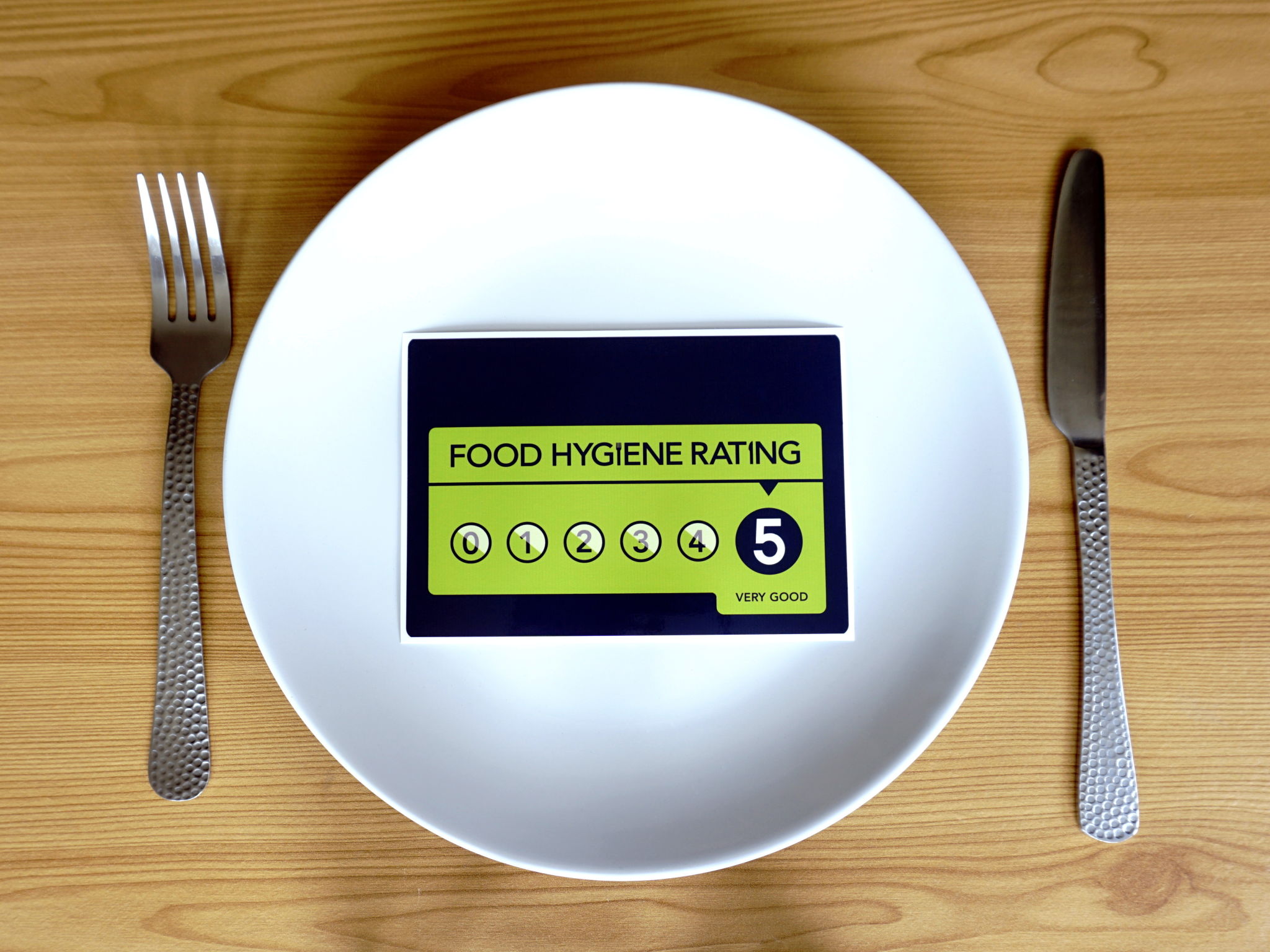Comprehensive Guide to Food Safety Training in San Diego: Ensuring Compliance and Quality
Understanding the Importance of Food Safety Training
In San Diego, a city renowned for its vibrant culinary scene, maintaining high standards of food safety is critical. Food safety training is not only a regulatory requirement but also a cornerstone of public health. Proper training ensures that food handlers understand the best practices to prevent contamination and foodborne illnesses. This comprehensive guide will walk you through the essentials of food safety training in San Diego, helping you ensure compliance and quality in your establishment.

Regulatory Requirements and Compliance
San Diego, like the rest of California, adheres to strict food safety regulations governed by the California Retail Food Code. All food handlers are required to complete a food safety course approved by the local health department. This ensures that everyone involved in food preparation and service is knowledgeable about the latest food safety protocols. Compliance with these regulations not only safeguards your customers but also protects your business from legal liabilities.
Components of Effective Food Safety Training
A comprehensive food safety training program covers a wide range of topics. Key components include:
- Personal Hygiene: Emphasizes the importance of regular handwashing and proper attire.
- Cross-Contamination Prevention: Teaches techniques to avoid the transfer of harmful bacteria.
- Temperature Control: Covers safe cooking, cooling, and storage temperatures to prevent bacterial growth.
- Cleaning and Sanitizing: Focuses on maintaining a clean kitchen environment.

Choosing the Right Food Safety Training Program
With numerous food safety training programs available in San Diego, selecting the right one can be challenging. It's essential to choose a course that is recognized by the local health department and offers comprehensive coverage of all necessary topics. Consider programs that offer both online and in-person training to accommodate different learning preferences.
Benefits of Food Safety Certification
Obtaining food safety certification offers numerous benefits for both employees and employers. Certified food handlers are more likely to understand and implement food safety practices effectively, reducing the risk of foodborne illnesses. For employers, having certified staff can enhance your establishment's reputation, increase customer trust, and potentially reduce insurance costs.

Continuous Improvement and Re-certification
Food safety is an ever-evolving field, with new challenges and regulations emerging regularly. To stay compliant and maintain high standards, it is crucial for food handlers to engage in continuous learning. Many certification programs require re-certification every few years, ensuring that employees remain up-to-date with the latest best practices.
Implementing a Culture of Food Safety
Beyond individual training, fostering a workplace culture that prioritizes food safety is vital. Encourage open communication about safety concerns, conduct regular training sessions, and involve all staff members in developing safety protocols. By embedding food safety into your business's core values, you help create an environment where compliance and quality naturally thrive.
